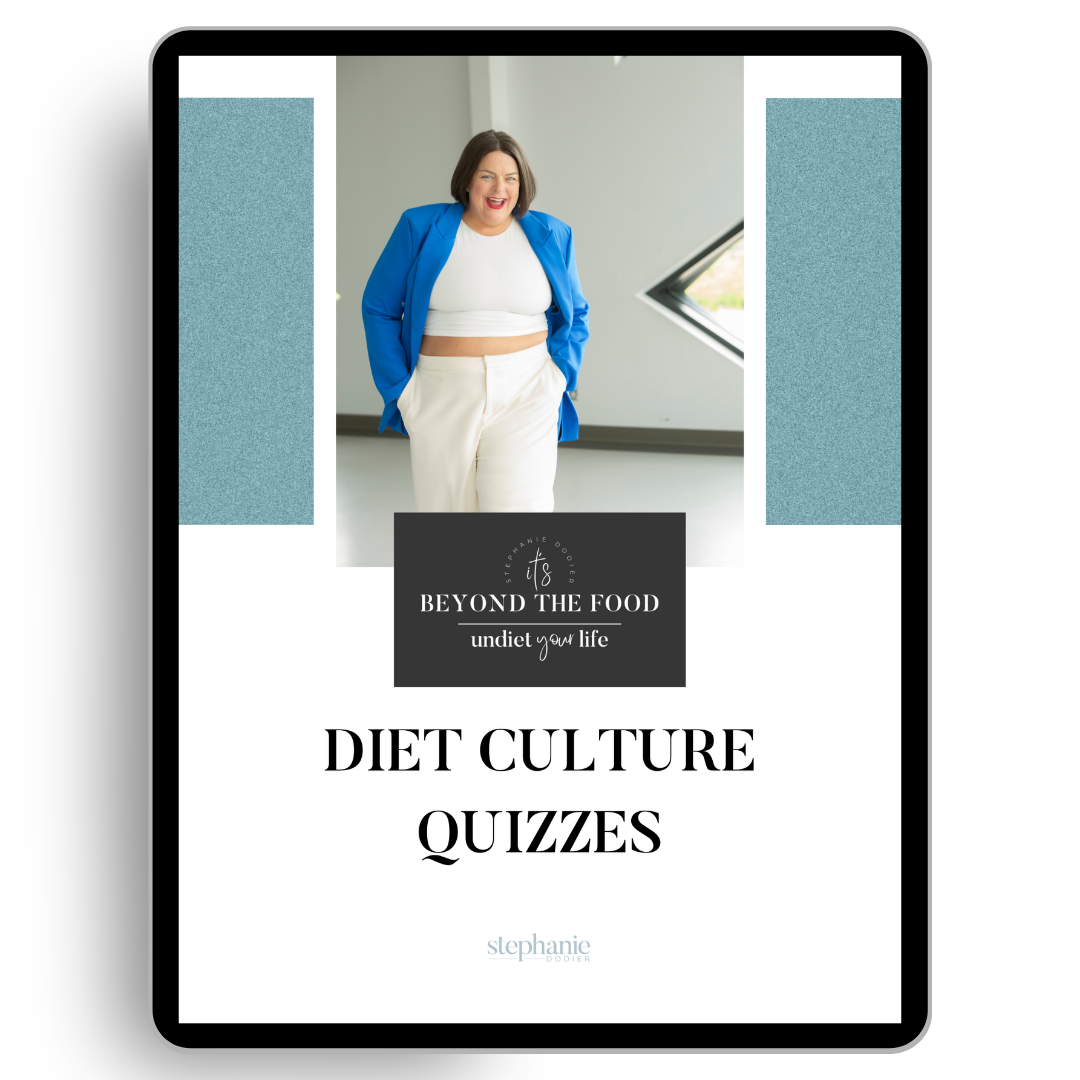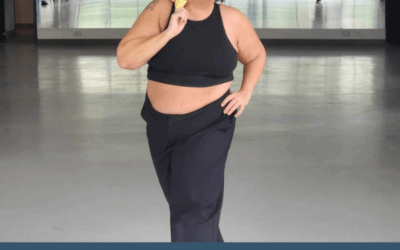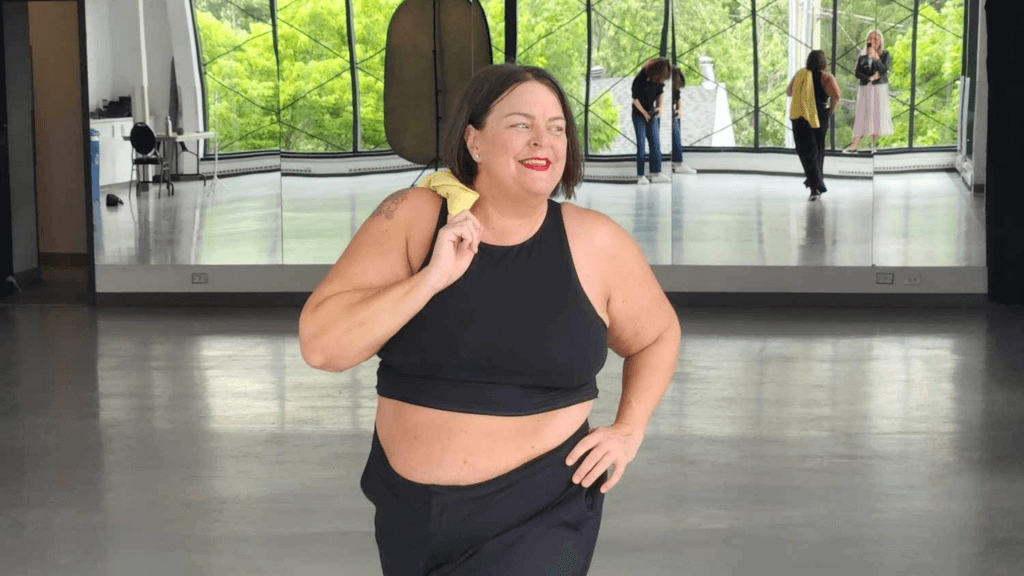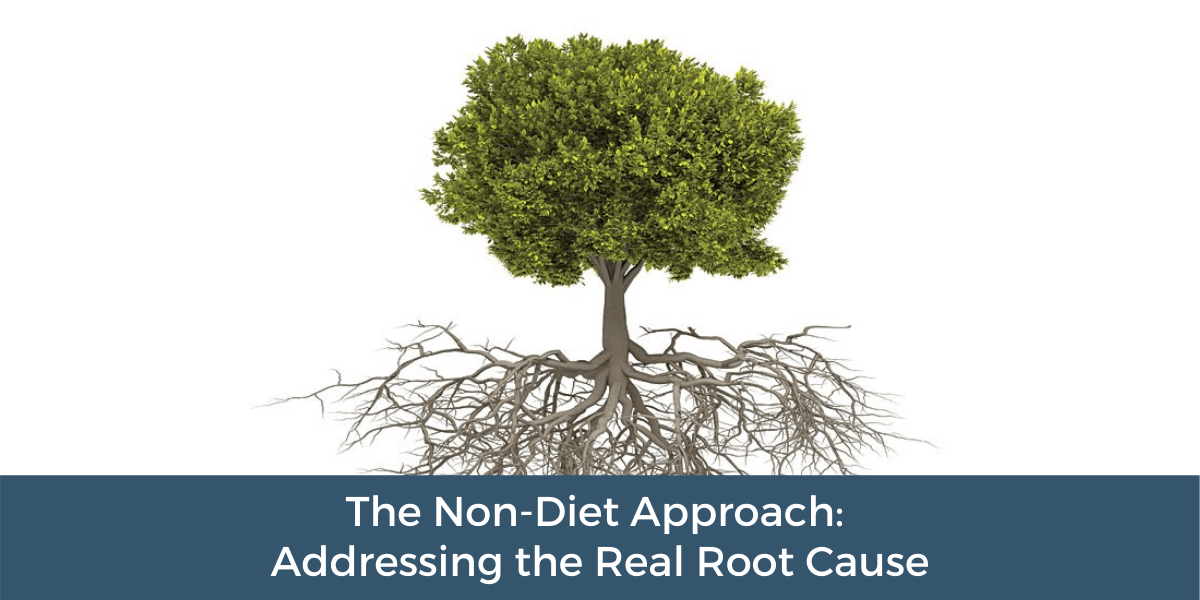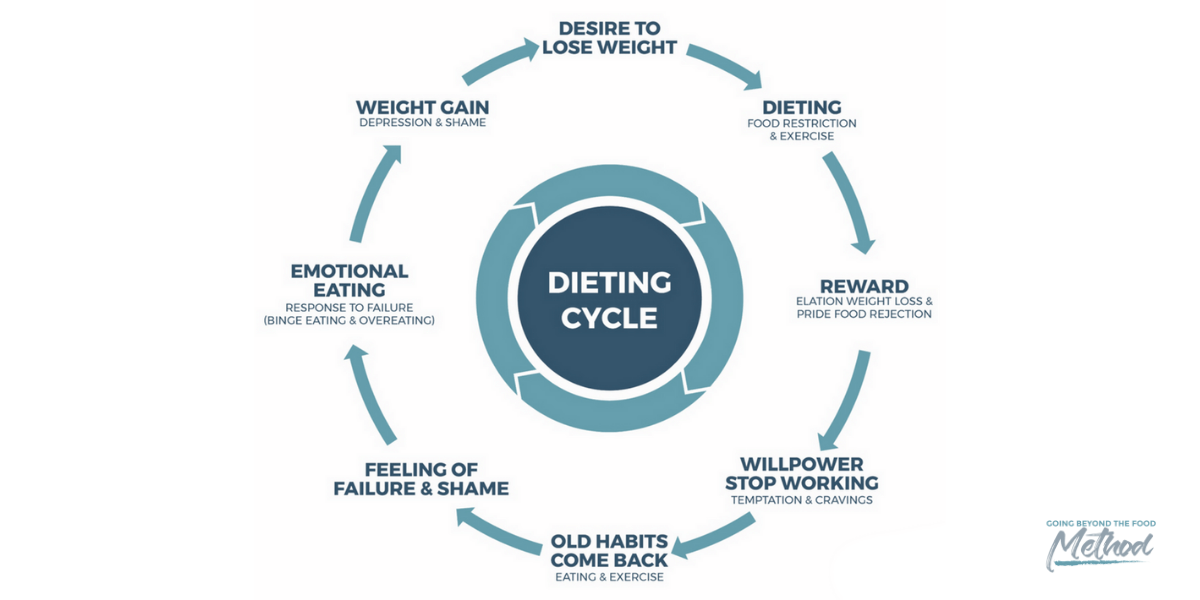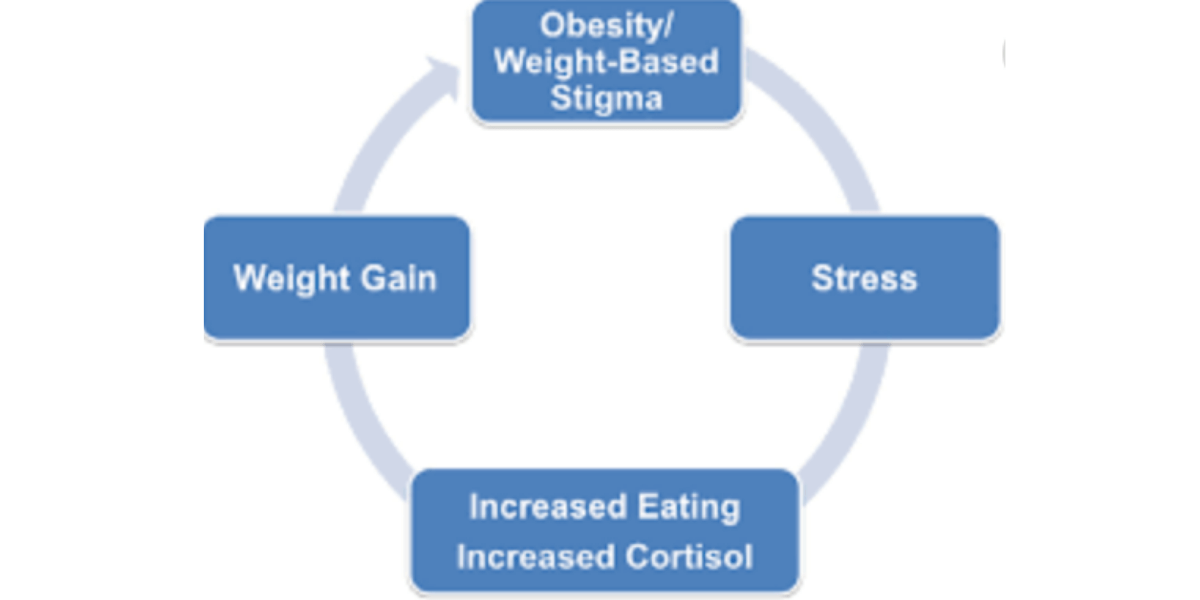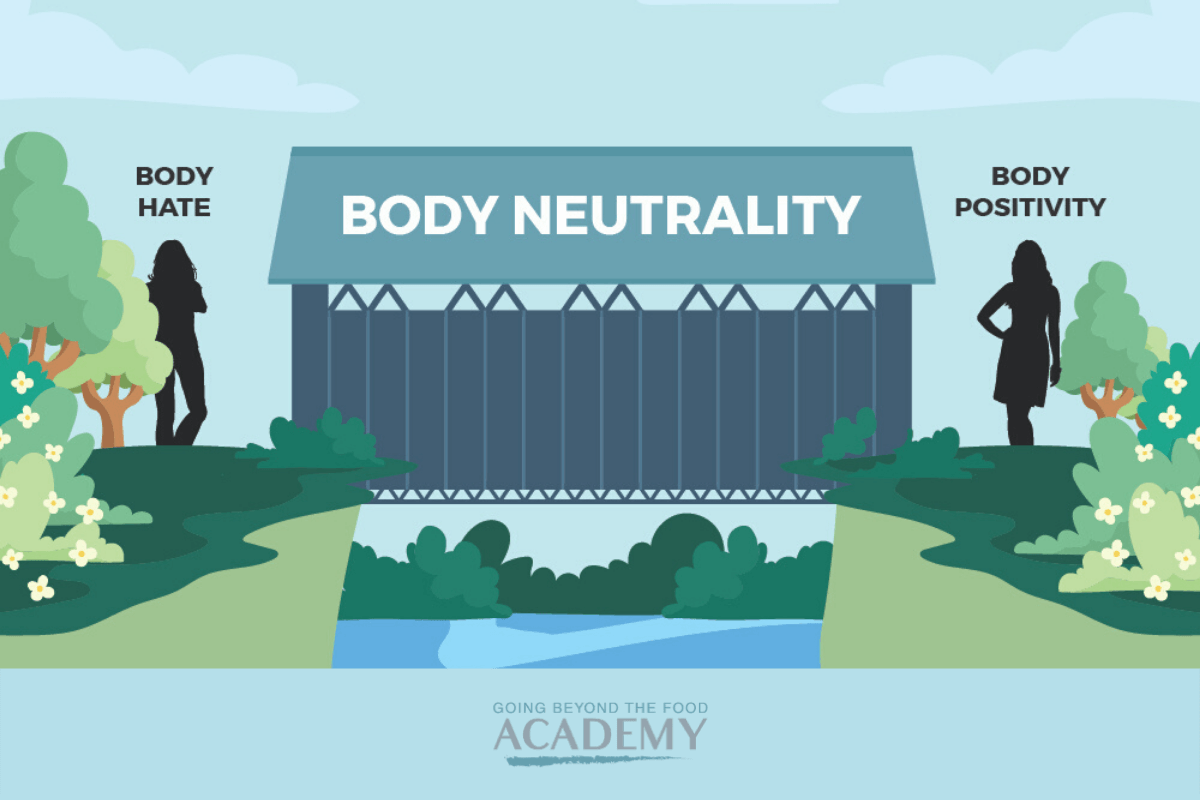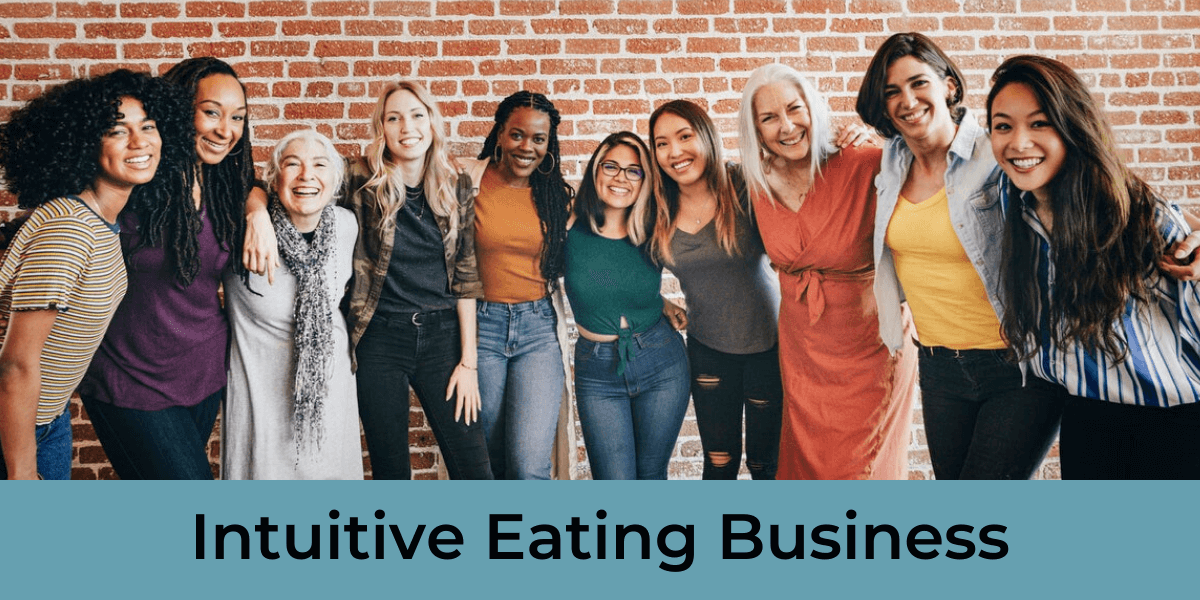You’re probably wondering, “Is intuitive eating right for me?” Well, did you at some point in your life:
- Find yourself getting into the yo-yo diet cycle?
- Wish you could finally find the right solution to change your eating behaviors?
- Try more than 5 diets yet keep looking for the right one?
- Have a need to control food? (e.g. measuring, weighing, counting calories, or track macros)
- Exercise to offset what you eat?
- Want to be a certain size or specific weight?
If you answered yes to any of these questions, then perhaps intuitive eating is the solution that’s going to help you achieve better health.
To help you better understand what intuitive eating is and decide whether it’s for you, let me answer some of the questions you may have about it. Then you can take the quiz at the end of this article.
(You can simply click one of the links below to go straight to a particular question or the quiz.)
- What is intuitive eating?
- Is intuitive eating for everyone?
- Is intuitive eating healthy?
- How do I know if intuitive eating is right for me?
- Intuitive eating quiz
- How to get started with Intuitive eating
What is intuitive eating?
Intuitive eating is a self-care framework that uses your body’s internal cues of hunger, fullness, and satisfaction to guide your eating behavior. Eating intuitively means allowing your body’s innate wisdom to guide you so you can nourish it properly. Proper nourishment is basically self-care.
Is intuitive eating for everyone?
Yes. The truth is, we were all born intuitive eaters. If you’ve ever watched a baby being fed, you’d know what I mean.
A baby cries when it’s hungry. In contrast, when the baby is full, it just stops feeding. Try force-feeding the baby once it’s full…It’s next to impossible!
Thus, babies show us how it is to eat intuitively. And we were all babies once.
Then, as we grew up, we were introduced to the diet culture, which teaches us that a thin body is desirable and equates thinness to good health and moral virtue. We were led to believe that if we weren’t thin, then something was certainly wrong with us.
Consequently, we felt the need to control food. Instead of trusting our innate hunger and fullness cues, we became more inclined to follow diet fads and regimens. Because of that, we became desensitized to our body cues over time.
But thankfully, we’ve never lost our innate eating cues. We just learned to ignore them. Thus, to reconnect with the inner intuitive eater within us, we need to unlearn the habits and change the mindset that the diet culture has taught us.
If you want to know what an intuitive eating journey looks like, you can read my intuitive eating before and after story. Find out how eating intuitively changed my life for the better and discover valuable lessons you can benefit from.

Is eating intuitively healthy?
Certainly. As discussed above, you’re a natural-born intuitive eater. So if eating intuitively is natural for you, then it must be healthy.
Not only that, hundreds of intuitive eating research studies have found that it has positive health outcomes such as:
- Improved cholesterol levels
- Lower stress levels
- Increased energy
- Improved mental health
- Lower eating disorder occurrence
- Improved body awareness
- Enhanced self-esteem
- Improved level of happiness
I wrote a blog post detailing the evidence-backed health benefits of intuitive eating. Read it to learn more about the positive effects of intuitive eating on your physical and mental health.
How do I know if intuitive eating is right for me?
Intuitive eating is for everyone. But if you want to know for sure if it’s right for you, take this quick intuitive eating quiz. You only have to answer 10 simple questions. Then, you’ll get your score via email. Also, you’ll receive tips and resources that will help you make peace with your body and develop a healthy relationship with food.
How to get started with intuitive eating
Ready for a healthier and happier life? Intuitive eating is the key!
But how do you reconnect with your inner intuitive eater and start having a healthier relationship with food?
Here’s a quick look at the five steps you need to take to make intuitive eating a part of your life:
Step 1: Understand the diet culture and your power to choose.
Step 2: Reject the diet culture.
Step 3: Be present with your food.
Step 4: Shift from external eating cues to your body’s internal eating cues.
Step 5: Seek satisfaction from food.

I’ve written a blog post on how to eat intuitively. It discusses these five steps in greater detail. The post is a must-read on our intuitive eating blog!
If you’re raring to get started, go grab my free intuitive eating guide. It will show you how to begin eating intuitively in three easy steps. You can also listen to this intuitive eating podcast episode from the Beyond the Food Show to get more tips and insights.



